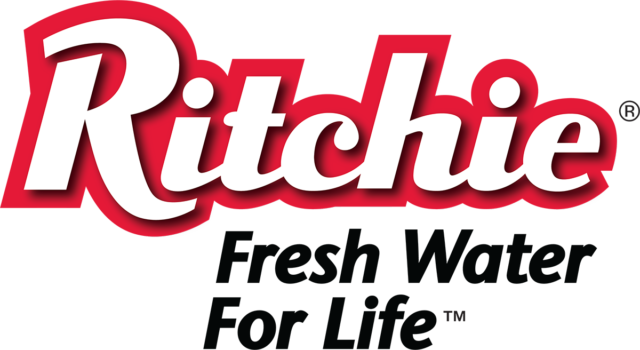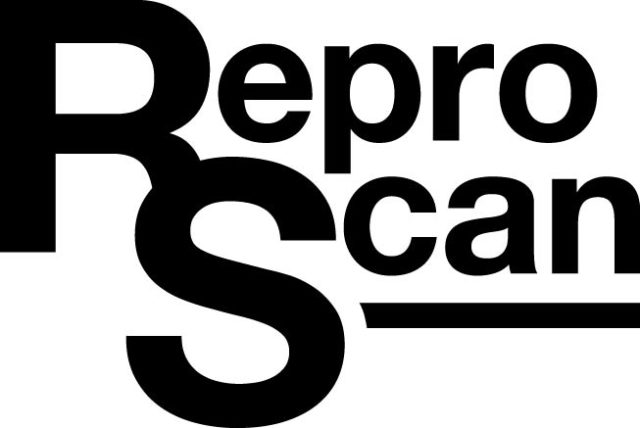In my past Leadership Link columns, I’ve focused on components of being a leader and strategies for working with employees on farms, ranches or feedlots.
I recently had an experience that I wanted to share with you that is not based in the context of agriculture, but I believe has a take-home message that has application to our actions and our words and how these impact the people around us.
Recently, I contacted two national hotel chains to discuss gifting points from one person to another. In an effort to gather information over the phone for how the steps could work to conduct this process, I dialed up the first hotel chain and started to explain why I was calling and providing information such as account numbers, etc.
Right away I could tell the person on the other end of the phone was either not having a good day or was not going to be easy to work with.
They were abrupt and didn’t seem to understand my question, and I started to wonder if they really wanted to help me. They made me repeat my information several times, and each time their tone was more pointed.
In fact, they were unprofessional, and I did my best to keep my calm to get through the call and garner what information I could about how to transfer the points. When the call ended, I took a deep breath and said, “I hope the next call is not like that one.”
Next, I dialed up the second national hotel chain on my list and right away got a friendly voice on the phone.
I explained, basically in the exact same manner as I did to the first company representative, why I was calling and started providing the information.
The person was polite, professional and a breath of fresh air. Not once did she raise her voice at me or make me repeat what I was trying to do, but actually took the time to reiterate my request to make sure she understood it correctly.
When the process was nearly complete, I said to the employee, “Miss, I just did this exact same process with another national hotel chain, and I barely could stay on the phone because the person was so unpleasant to deal with, so I want to thank you for your courtesy during this process.”
I expected a “Well, thank you” back, but instead I got more. She went on to say, “I learned a long time ago: You treat people the way you want to be treated.”
“Wow,” I thought, “this person definitely understands customer service.” She knows if she is pleasant, calm and professional, her mannerisms will carry through to the client even if she may have an upset client on the phone.
She understood that her demeanor would rub off on the caller, and the end result would be a more positive experience. I wanted to contact her company or supervisor and say, “Give this person a raise!”
Which of these two customer-service representatives would you want to have working for you?
Think about your farm or ranch. Which employee do you want working with your other ranch employees, your customers, your family members?
Do you want your ranch hand to go to town and be negative about their working atmosphere? How much productivity does a negative employee really provide your business?
Take a minute to think about how you treat your employees, your co-workers or others serving on leadership committees or boards with you.
I conducted a short and unscientific poll with some friends and acquaintances after this experience. I asked, “What is the most important thing to you as an employee?”
Yes, they said their paycheck, vacation time, flexibility in hours or the ability to advance in the company, but these points were made second or third. The number one element to their happiness as an employee was appreciation.
“I just wish my boss would appreciate the work I do,” or “I wish my boss understood how hard I work and would say thank you or even tell me I’m doing a good job,” the respondents said.
As we enter this holiday season, if you have been too busy to take the time to appreciate your employees and treat them the way you would expect to be treated, I challenge you to do so before the end of the year.
Say thank you, ask how you can help or if they have any questions or issues they want to discuss, or just take the time to say, “I noticed you did a great job on that project.” ![]()
B. Lynn Gordon
Field Specialist
South Dakota State University Extension









